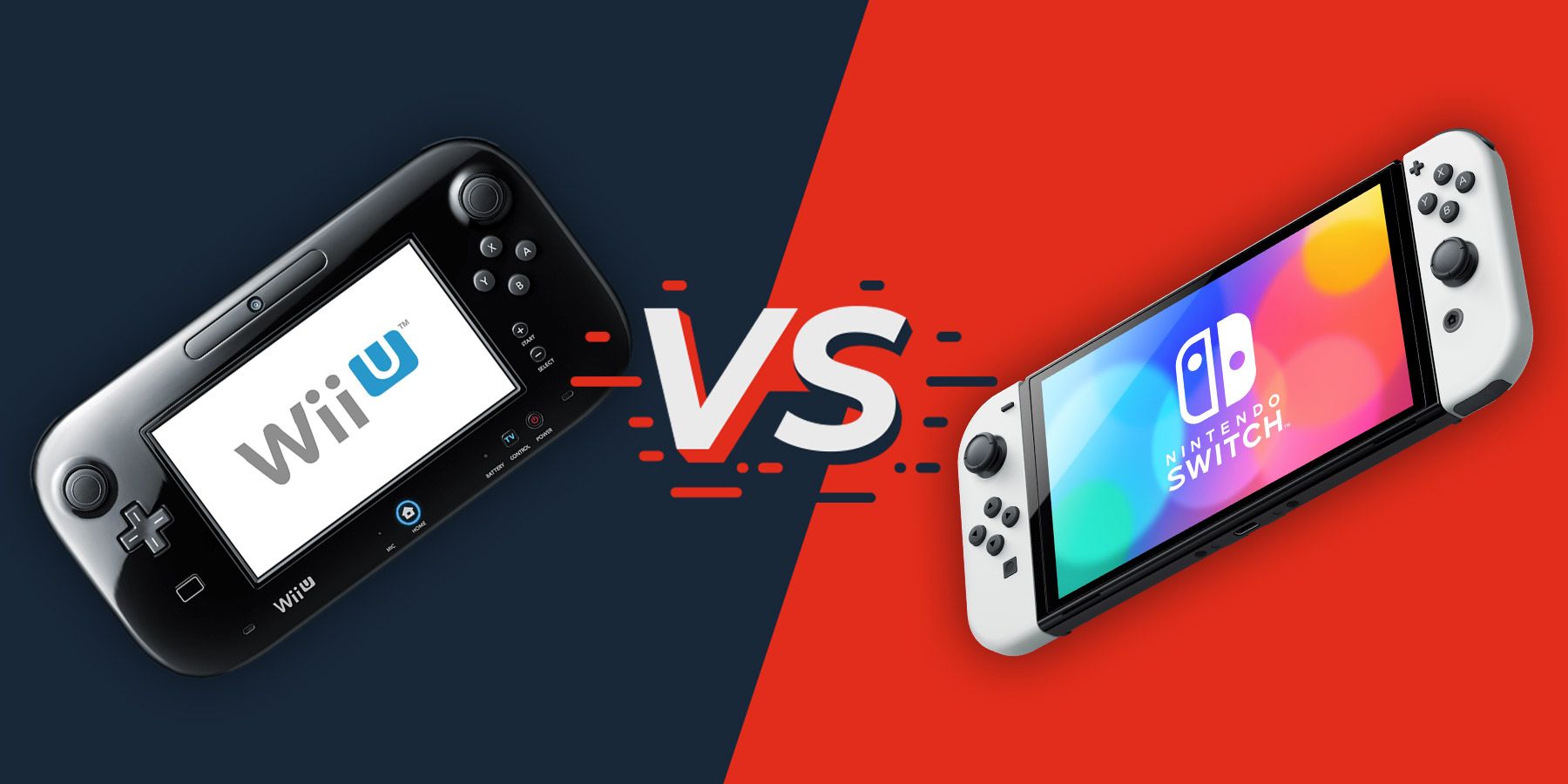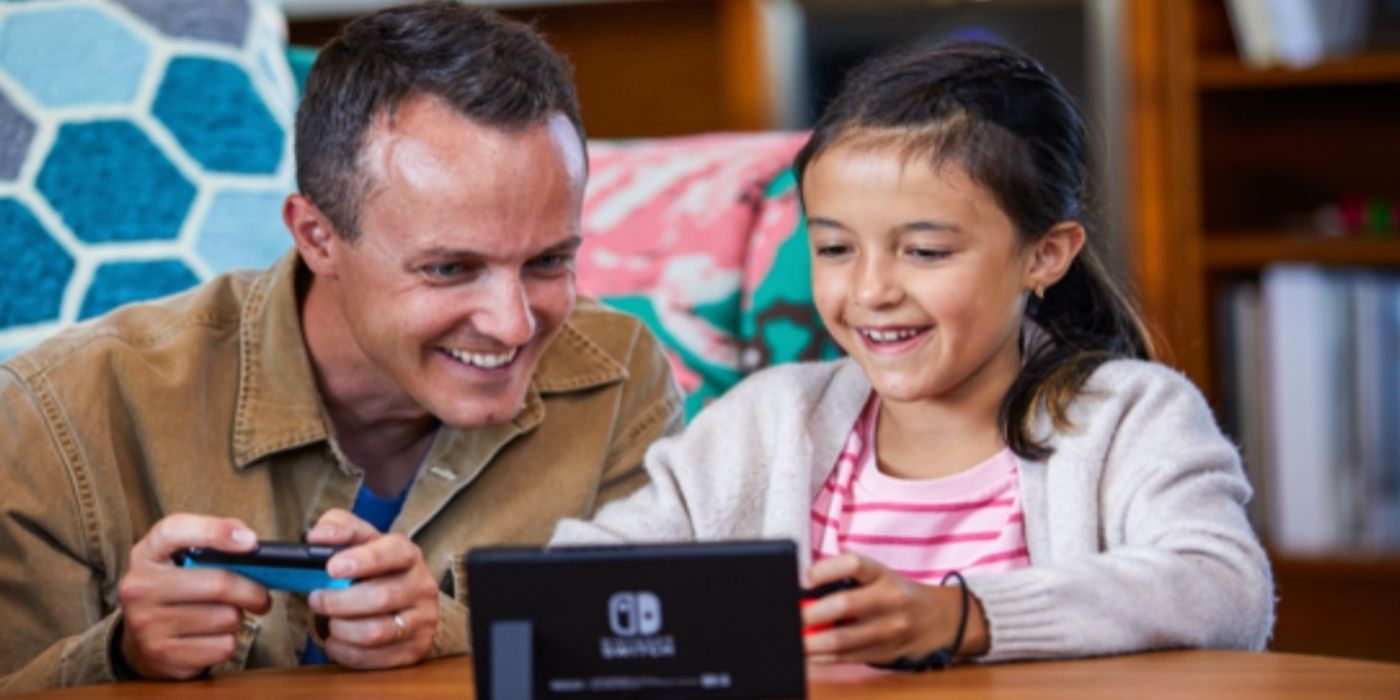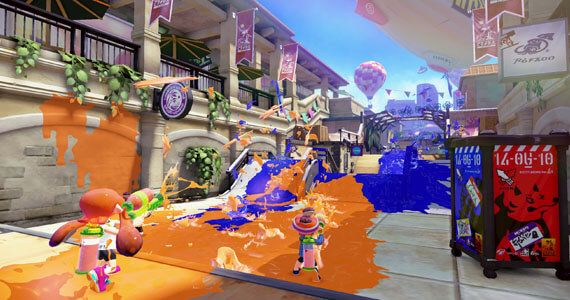The Nintendo Switch is, in many ways, everything the Wii U should have been. Its portability was the biggest selling point, and the ability to change so easily to a more traditional, home console layout made it perfect for busy commuters and long session players everywhere. This format, paired with a litany of exceptional first party games was a recipe for success that Nintendo desperately needed, with the Switch outselling the company's previous home console within its first year on the market.
There are few who know where Nintendo will go next with its hardware, but the overwhelming success of the Switch and its revolutionary functionality will mean that many fans will expect the follow-up to be something in a similar vein. As the Switch is a huge upgrade on what the Wii U offered, the worst possible outcome for the next project would be to fall into the same traps that the Wii's successor did, regressing the company back to one of its most unsuccessful periods. It will be a huge task to outdo what the Switch has achieved, but with Nintendo's inconsistency when it comes to hardware sales, it will be critical that it stacks up, and doesn't go backwards.
Switch's Portability Sells
The PlayStation Vita's underwhelming commercial success was the first sign that the industry was moving away from portable systems, as it was clear they lack the power needed to provide top tier AAA experiences. Since then, however, the Switch has completely revitalized the format and proved that innovation and fun can be had when the system's specs aren't necessarily up to par. The Nintendo Switch has been a flag-bearer of indie titles and the chosen system for families across the globe. The ability to take such experiences on the go is surely a key reason for its prolonged success.
Recently, the company has leaned even further into portability, releasing the Switch Lite that is only available in handheld mode and the OLED model making its games look prettier than ever, even while players are away from home. The Wii U failed in this regard, as its screen-featured controller was only capable of playing games while in close range to the system. This made the console's dual screens rather pointless, as playing on the gamepad was a far inferior way to play. The Nintendo Switch is far from comfortable in handheld mode, and it can be taken away from its dock and still be functional. The Switch 2 has to understand the benefits this brings, as it also separates the console further from the more typical set up of the Xbox Series X and PlayStation 5.
First Party is the Key to Nintendo's Future
Though there were plenty of functional issues with the Wii U itself, perhaps the biggest reason it failed was because of the lack of diverse first party games on offer. What was there was fantastic, as the likes of Mario Kart 8, Super Smash Bros. For Wii U, and Splatoon were all met with critical acclaim when they released. However, there simply wasn't enough. A handful of great games isn't enough to justify buying an underpowered, ergonomically awkward system, and more titles from the first party would have given more fans a reason to invest in the Wii U's ecosystem.
The Wii U was missing some Nintendo staples including the likes of a main entry Animal Crossing title, a new Metroid experience, and even a Nintendo-branded sports title that has since reemerged on the Switch. Nintendo's properties are diverse and offer some of the best gameplay experiences around, and it was clear that the company gave up on the console after Mario Kart 8 and Super Smash Bros. For Wii U failed to make the Wii U thrive. The next console should continue what the Switch started and lean further into the first party than the Wii U ever did, as it has undoubtedly been a source of the Switch's success.
The Wii U era was a dark period for Nintendo, and the strong sales of the Switch have done well to make players forget how badly the company was struggling. Nintendo saved itself in 2017, and repeating the same mistakes of the Wii U is simply not an option for the Switch's follow up. With commercial success comes expectations, and whatever the Switch 2 ends up being, it simply can't follow in the footsteps of one of the company's worst consoles.



